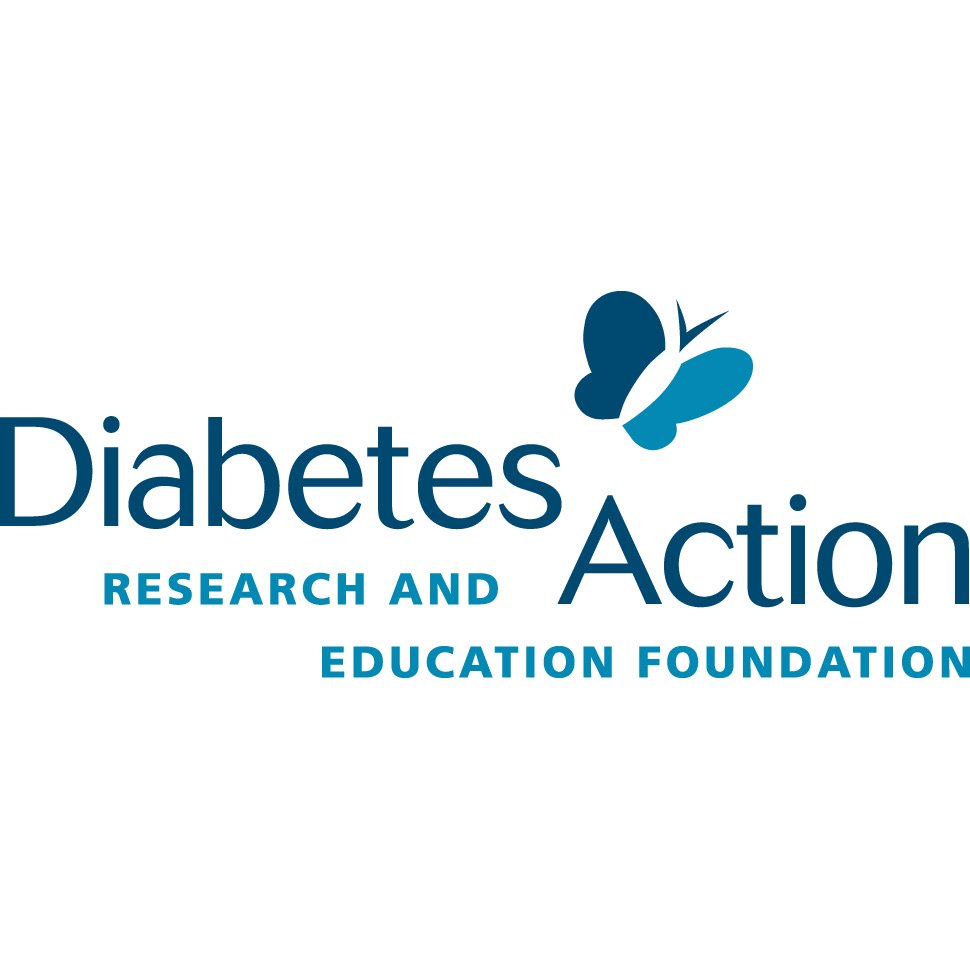I’m tired of reading reports about novel H1N1 severe illness and death followed by the comment - “they had underlying conditions.” It sounds like victim blaming, or worse yet, eugenics. An asthmatic child is just as entitled to be fully healthy as a child with normal lungs.
So how are people with “underlying conditions” supposed to lessen their chances of severe influenza or death? The medical community doesn’t seem to be supplying any guidance, so why not use the collective knowledge here at FT? Below is a list of “risk factors” and some of my initial comments regarding prevention. Please add relevent information. I'll update this first post as information comes in.
General Guidance:
1) Vitamin D levels should be 50 ng/ml. Get 15-20 minutes of daily sun exposure when UV index>3.5 or take at least 5000 IU of Vitamin D3.
2) Get a pneumovax shot to prevent pneumonia complications.
3) If you suspect you've contracted novel H1N1, seek anti-viral treatment within 36 hours.
Chronic pulmonary disease (Asthma, COPD, etc.) - preventer inhaler
Any condition that compromises handling of respiratory secretions (cerebral palsy, etc.)
Smoking - stop smoking
Pregnancy - avoid sick people and school age children. If exposed in 2nd or 3rd trimester seek antiviral prophylaxis with Zanimirvir (per CDC).
Immune system disorders (immunosuppressive therapy, HIV, cancer chemotherapy, etc.) - if undergoig chemotherapy, take Neulasta to prevent neutropenia;
CoQ10 to improve immune system
Active malignancy
Chronic renal insufficiency
Chronic liver disease
Heart Disease - red wine and peanuts; maintain oral hygiene (brushing and flossing) to avoid exacerbation of existing heart conditions.
Hemoglobinopathies (such as sickle cell disease)
Diabetes mellitus
Obesity - get BMI<30, 45 min of exercise 3-4 times/week
Childhood malnutrition and dehydration (from prolonged vomiting and diarrhea)
Childhood metabolic disorder (cannot tolerate prolonged fasting)
others???
.
So how are people with “underlying conditions” supposed to lessen their chances of severe influenza or death? The medical community doesn’t seem to be supplying any guidance, so why not use the collective knowledge here at FT? Below is a list of “risk factors” and some of my initial comments regarding prevention. Please add relevent information. I'll update this first post as information comes in.
General Guidance:
1) Vitamin D levels should be 50 ng/ml. Get 15-20 minutes of daily sun exposure when UV index>3.5 or take at least 5000 IU of Vitamin D3.
2) Get a pneumovax shot to prevent pneumonia complications.
3) If you suspect you've contracted novel H1N1, seek anti-viral treatment within 36 hours.
Chronic pulmonary disease (Asthma, COPD, etc.) - preventer inhaler
Any condition that compromises handling of respiratory secretions (cerebral palsy, etc.)
Smoking - stop smoking
Pregnancy - avoid sick people and school age children. If exposed in 2nd or 3rd trimester seek antiviral prophylaxis with Zanimirvir (per CDC).
Immune system disorders (immunosuppressive therapy, HIV, cancer chemotherapy, etc.) - if undergoig chemotherapy, take Neulasta to prevent neutropenia;
CoQ10 to improve immune system
Active malignancy
Chronic renal insufficiency
Chronic liver disease
Heart Disease - red wine and peanuts; maintain oral hygiene (brushing and flossing) to avoid exacerbation of existing heart conditions.
Hemoglobinopathies (such as sickle cell disease)
Diabetes mellitus
Obesity - get BMI<30, 45 min of exercise 3-4 times/week
Childhood malnutrition and dehydration (from prolonged vomiting and diarrhea)
Childhood metabolic disorder (cannot tolerate prolonged fasting)
others???
.



Comment